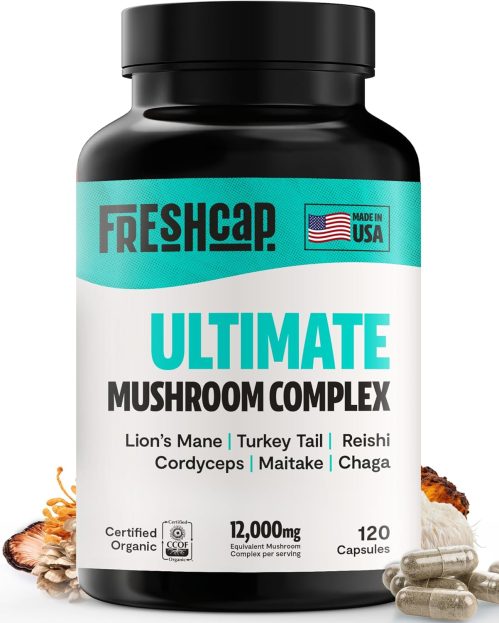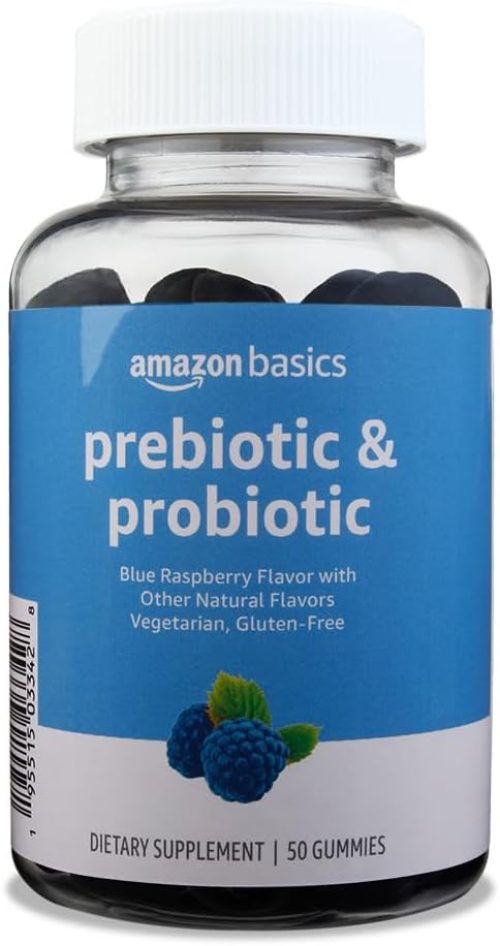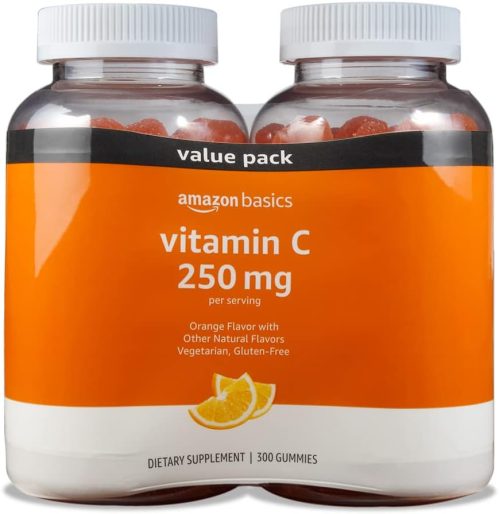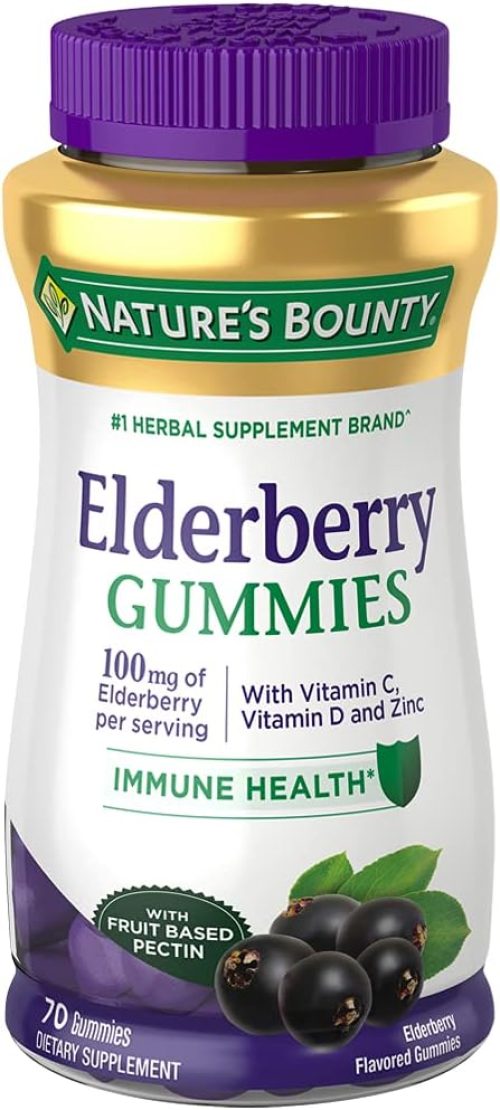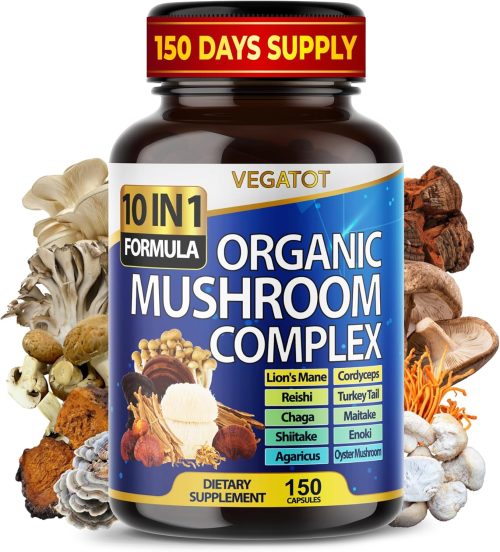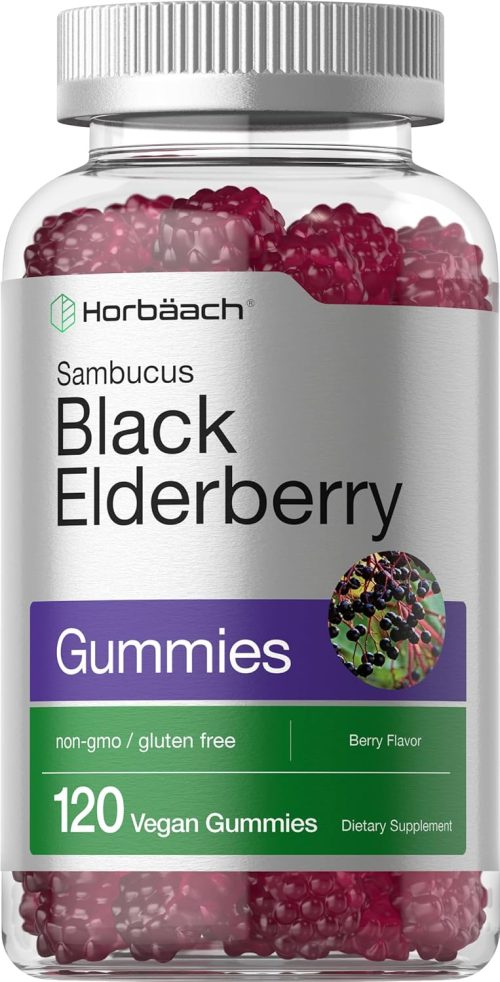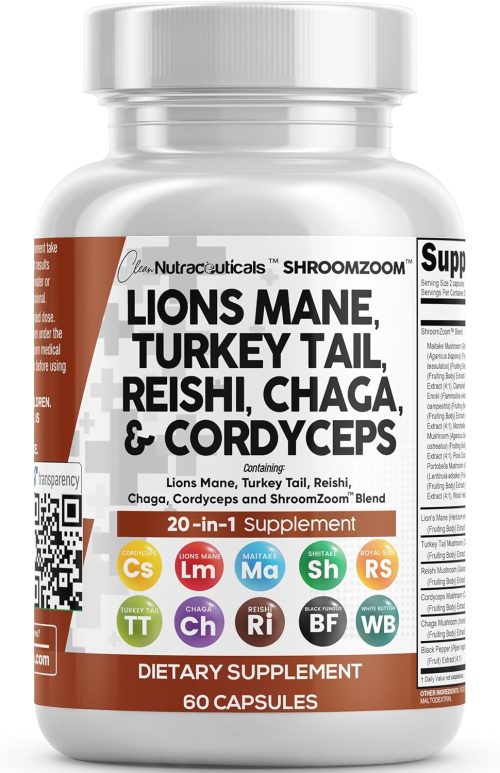
When it comes to deciding whether to take supplements on an empty stomach or with food, the choice can significantly impact their effectiveness. Factors such as bioavailability and nutrient interactions play a crucial role in determining the best approach for your supplement routine. Understanding how different supplements behave in your body can lead to optimized absorption and overall benefits. So, before you reach for that next pill bottle, consider the implications of timing and make an informed decision that aligns with your health goals and needs.
Absorption Factors to Consider
When taking supplements, consider that certain factors influence their absorption efficiency. One critical factor is the type of supplement you’re consuming. For instance, fat-soluble vitamins like Vitamin D are better absorbed when taken with a meal that contains fats. On the other hand, water-soluble vitamins such as Vitamin C can be taken on an empty stomach without significantly impacting their absorption.
Moreover, the timing of your supplement intake can also affect absorption. Some supplements are best taken in the morning, while others may be more beneficial when consumed in the evening. Understanding the optimal timing for your specific supplements can help enhance their absorption and overall effectiveness.
Additionally, the presence of certain foods or beverages in your stomach can either hinder or facilitate the absorption of supplements. For example, calcium supplements shouldn’t be taken with foods high in oxalates, as they can interfere with calcium absorption. Conversely, consuming Vitamin C-rich foods alongside iron supplements can boost iron absorption. By being mindful of these absorption factors, you can maximize the benefits of your supplements.
Benefits of Taking Supplements With Food
Considering the absorption factors discussed earlier, aligning your supplement intake with meals can offer various benefits that enhance their effectiveness. When taken with food, supplements have a better chance of being absorbed properly by your body. Food can help protect the supplements from stomach acid and enzymes that may break them down prematurely. Additionally, certain nutrients require the presence of food to be absorbed optimally. Fat-soluble vitamins like A, D, E, and K, for example, are better absorbed when consumed alongside dietary fats.
Moreover, taking supplements with meals can help reduce the likelihood of experiencing stomach discomfort or digestive issues that some supplements may cause when taken on an empty stomach. Eating a balanced meal while taking your supplements can also aid in the overall assimilation of nutrients, ensuring that your body receives the full benefits they offer.
Effects of Taking Supplements on an Empty Stomach
Are supplements as effective when taken on an empty stomach?
Taking supplements on an empty stomach can have both positive and negative effects on their absorption and effectiveness. Some supplements, like certain vitamins and minerals, may be better absorbed when taken without food. For instance, vitamin C is generally well absorbed on an empty stomach. However, other supplements, such as fat-soluble vitamins (like A, D, E, and K) or those that are known to cause stomach irritation, might be better tolerated when taken with food.
It’s important to consider the specific supplement you’re taking and how it interacts with your body. Some individuals may experience gastrointestinal discomfort when taking certain supplements on an empty stomach, while others may find that taking them without food leads to better absorption.
To determine whether taking a supplement on an empty stomach is right for you, consider factors like the supplement’s instructions, your individual tolerance levels, and any potential side effects. Consulting with a healthcare provider or a nutritionist can provide personalized advice based on your unique needs and health status.
Best Practices for Optimal Supplement Absorption
For optimal supplement absorption, it’s essential to understand how different supplements interact with your body and whether they’re best taken with or without food. Water-soluble vitamins like Vitamin C and B vitamins are generally best absorbed on an empty stomach, as food can interfere with their uptake.
Fat-soluble vitamins, such as Vitamins A, D, E, and K, are better absorbed when taken with a meal that contains fats. Minerals like calcium and magnesium are often absorbed more efficiently when taken with food, as the acidic environment in the stomach aids in their breakdown.
Certain supplements, like probiotics, may benefit from being taken with a meal to help protect the good bacteria as they pass through the digestive system. On the other hand, some supplements, such as iron, are better absorbed when taken separately from food or other supplements due to potential interactions that can hinder absorption.
To optimize the effectiveness of your supplements, consider the specific instructions provided on the product label and consult with a healthcare professional for personalized advice.
Trending Products


